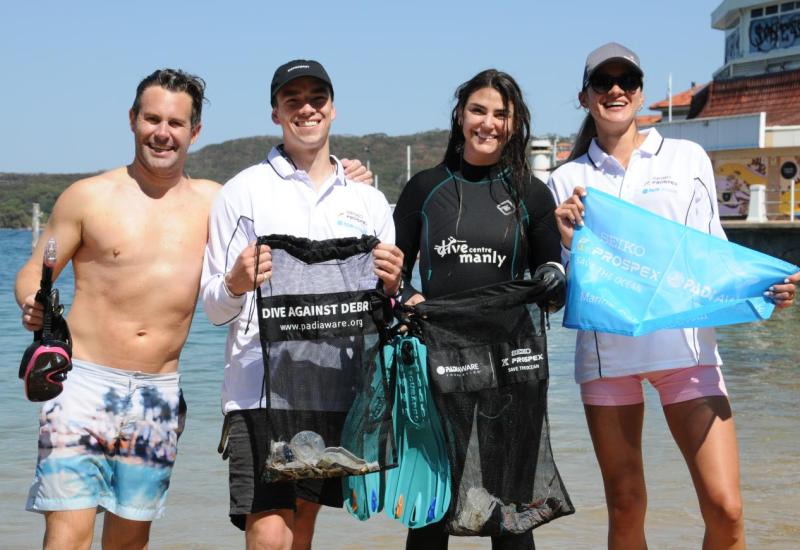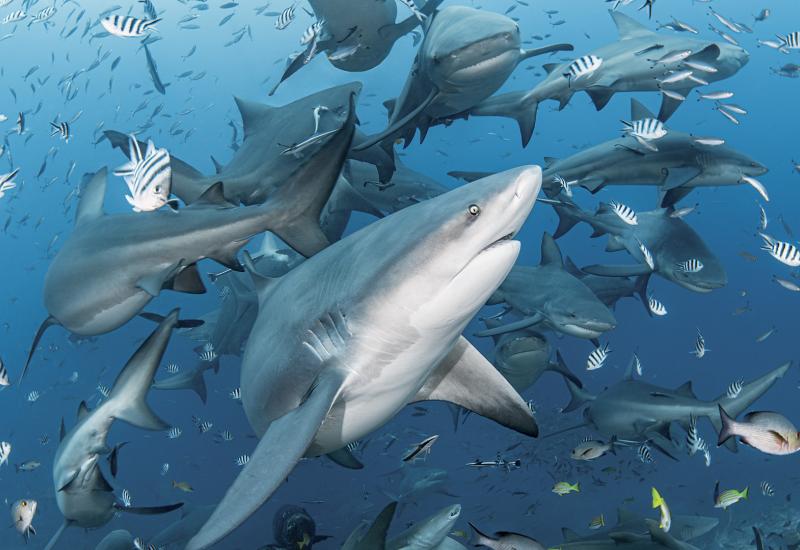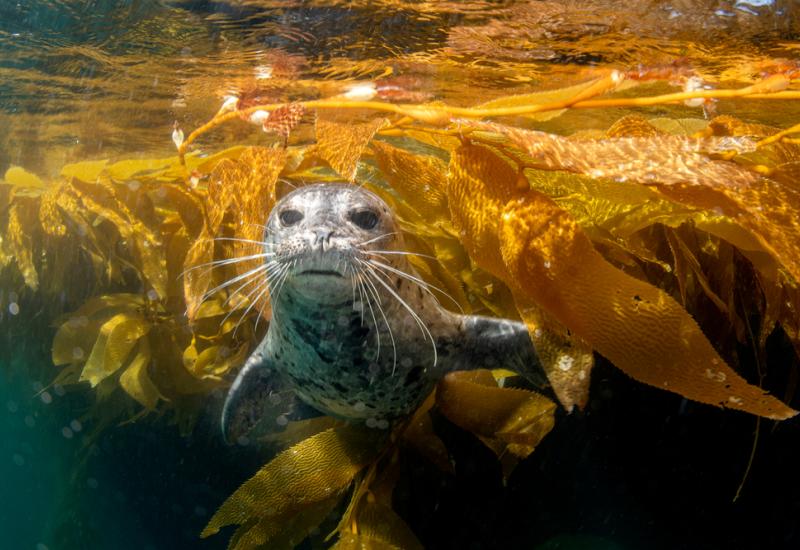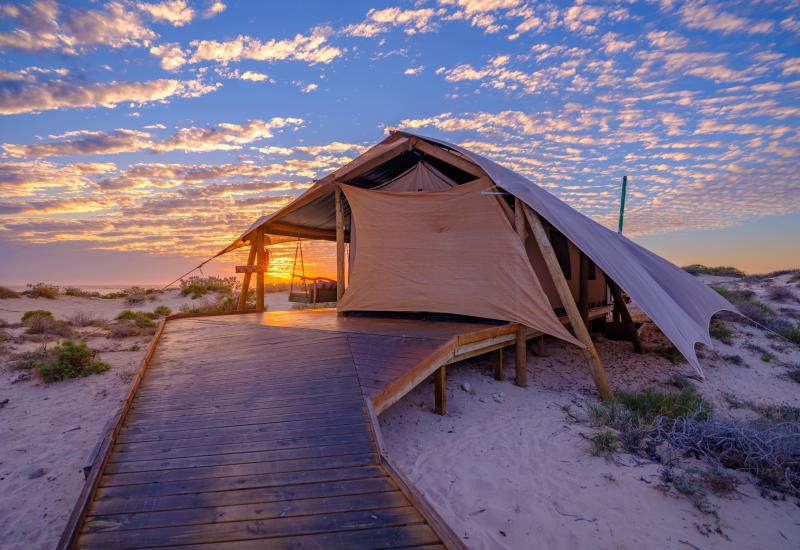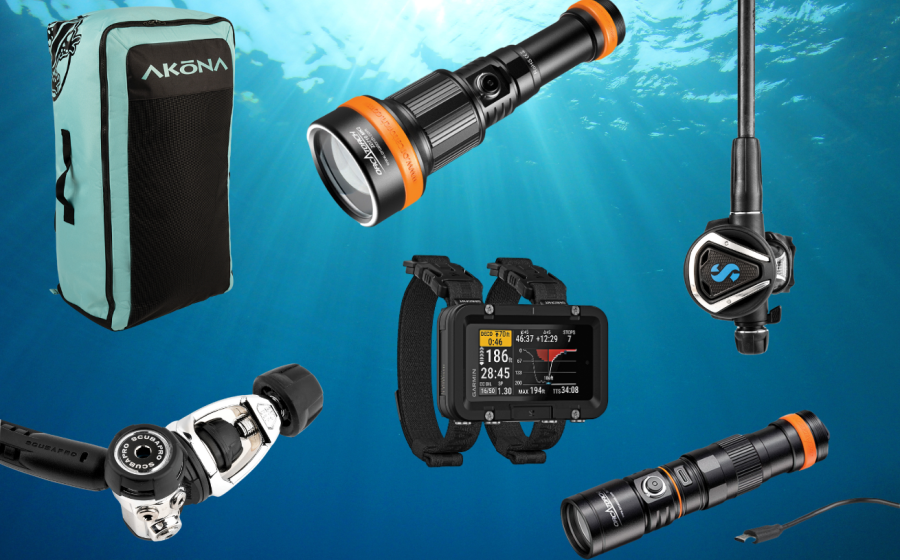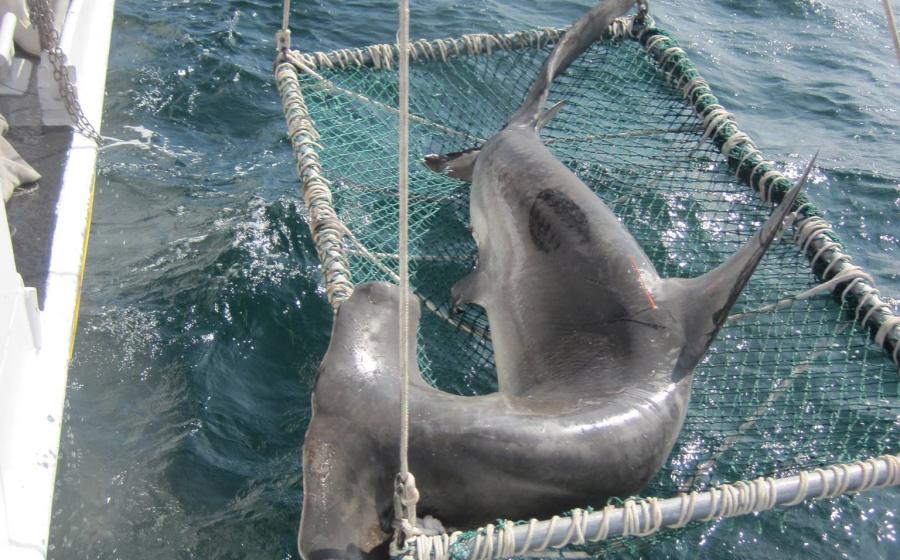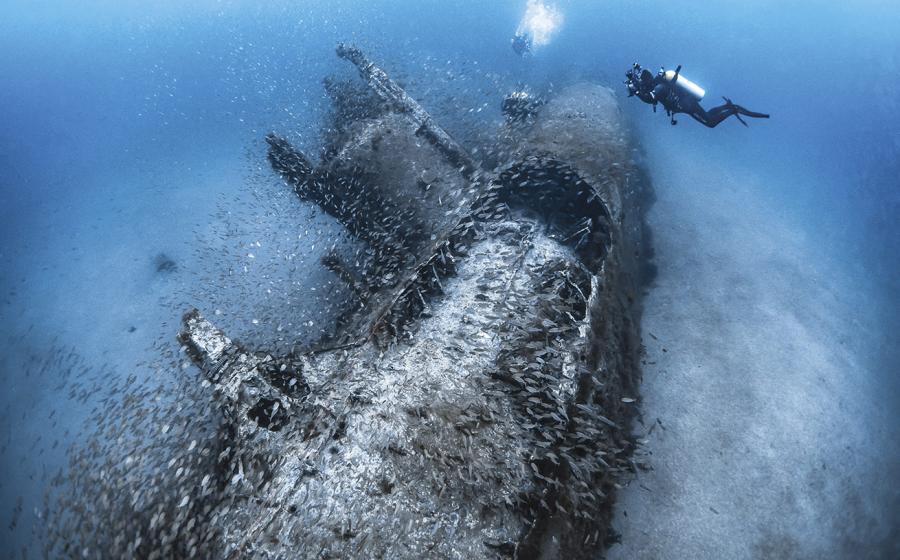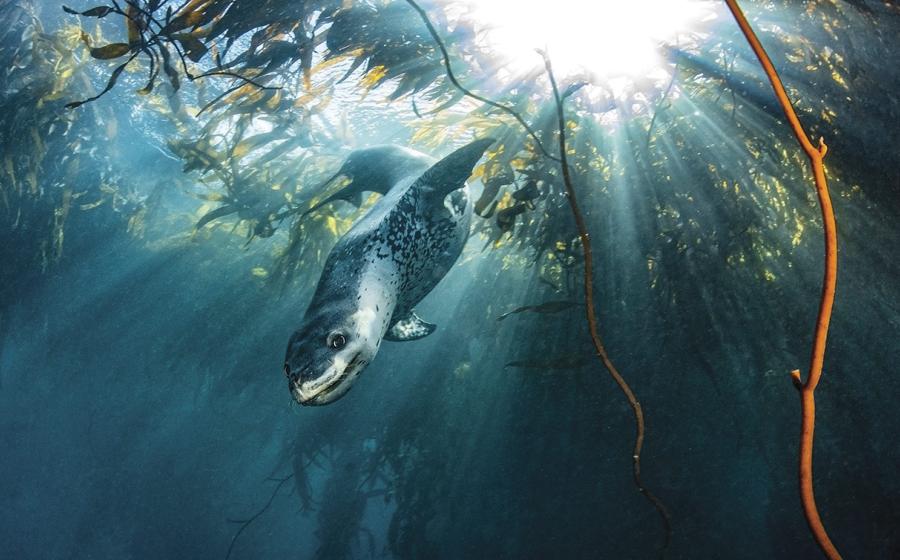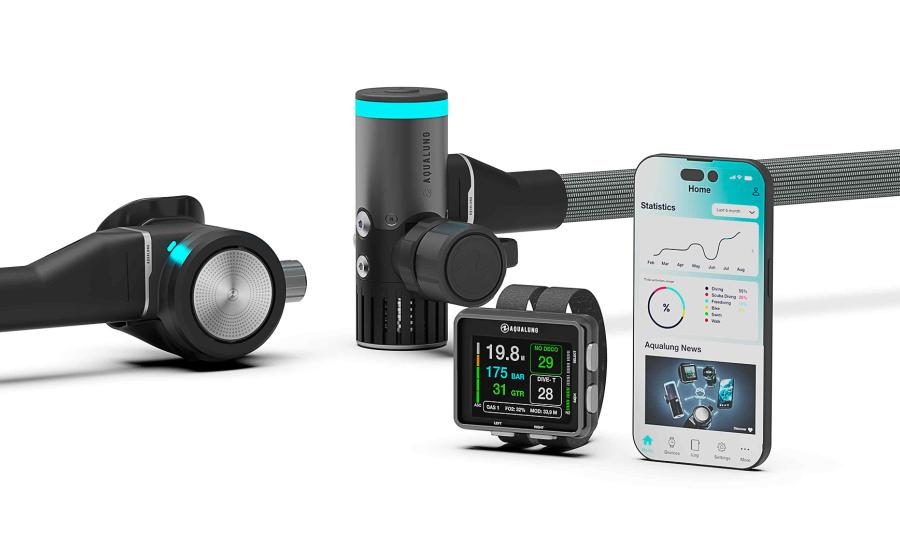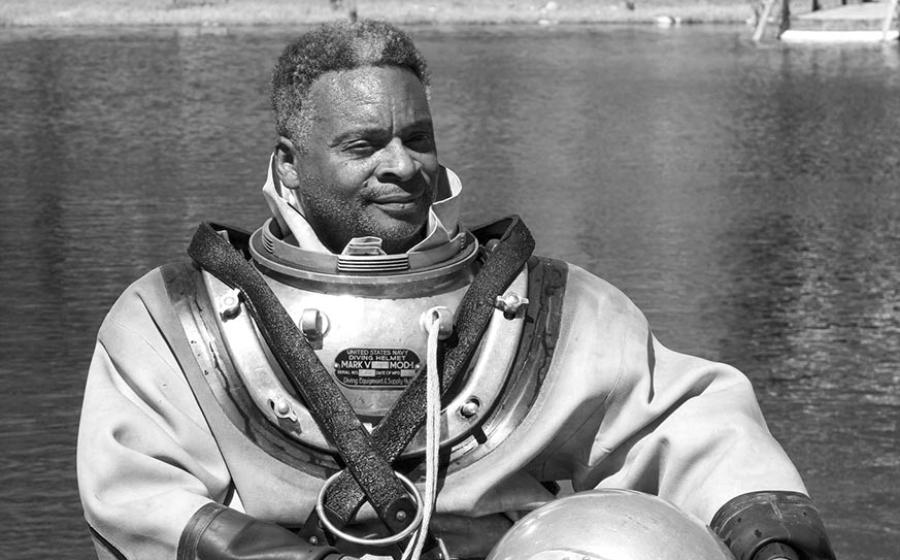During COVID-19 Pandemic, Scuba Divers Plant Coral on the Great Barrier Reef
COVID-19 has left most scuba divers landlocked — and many dive shops hurting. But operators in Australia are finding a silver lining during these difficult times, using their freed-up resources to plant corals on the Great Barrier Reef.
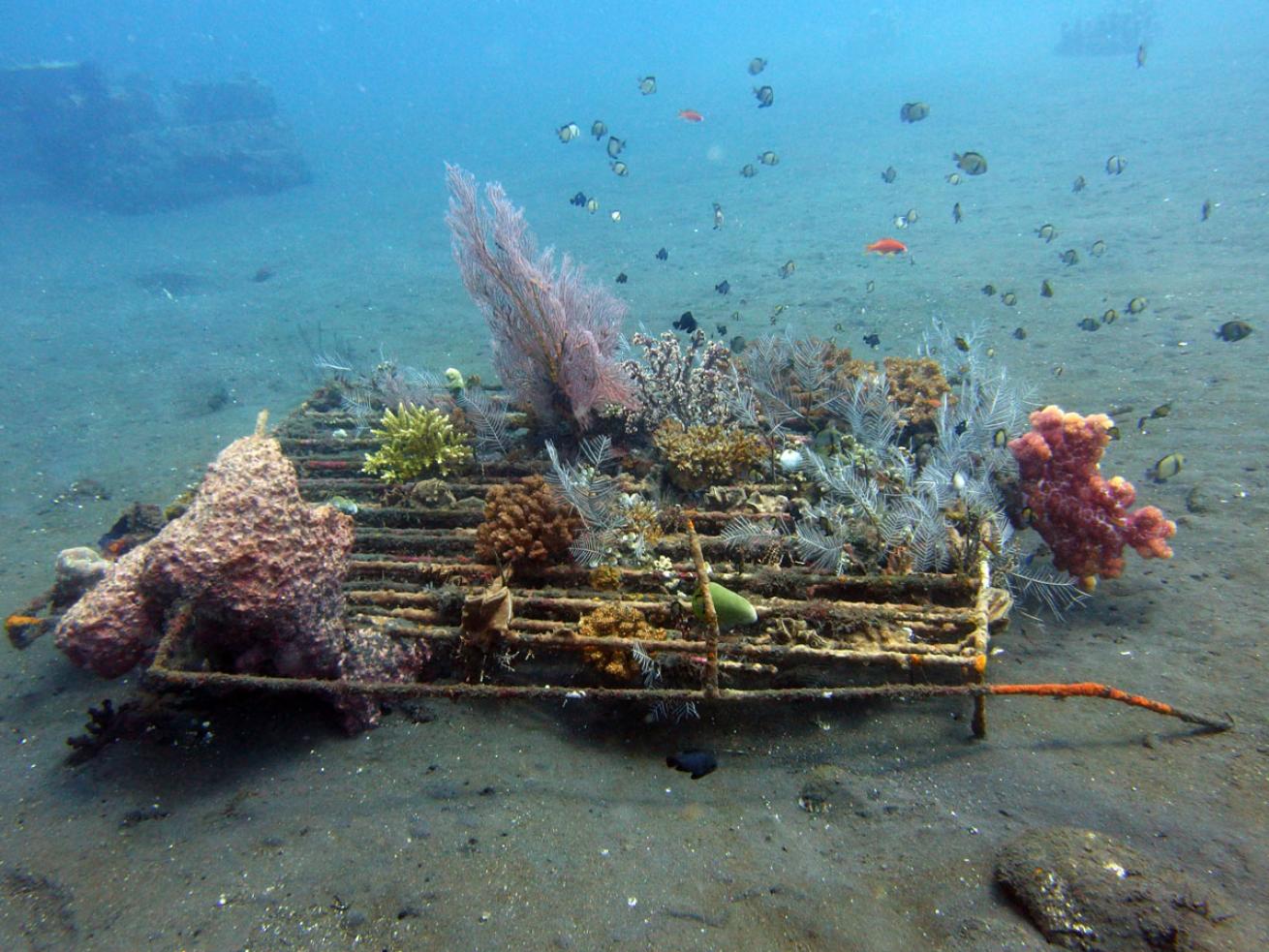
Shutterstock.com/Juan Jose Diaz PavonCoral breeding structure used for coral reef restoration.
While they don’t have scuba diving and snorkeling passengers aboard, Passions of Paradise, a family-owned eco-tourism company based out of Cairns, Australia, has donated their catamaran Passions III to be used to shuttle volunteers and scientists to Hastings Reef as part of the Coral Nurture Program, a stewardship-focused partnership between tourism operators and reef scientists.
Passions of Paradise CEO Scott Garden and two of the operator’s Master Reef Guides — marine biologist Kirsty Whitman and environmental sustainability coordinator Russell Hosp — have also been volunteering on-site to help the project. They are one of five local touring companies, including Wavelength, Ocean Freedom, Sailaway and Quicksilver Cruises, that have joined the program.
Coral Nurture Program, managed by researchers at the University of Technology Sydney, has planted more than 1,000 coral fragments on Hastings Reef since June 2019.
Lorna Howlett, a Ph.D. student at the University of Technology Sydney who is coordinating the project, says this is the first time tourism operators have worked with researchers on the Great Barrier Reef. It’s also the first time a process called “coral clipping” has been used to attach corals to the reef.
“[The process] involves finding fragments of opportunity – coral fragments that have naturally broken off – and attaching them back on to the reef using a coral clip,” Howlett says in a statement.
The team is careful to only attach pieces of coral to the reefs they were found on instead of transferring fragments to other reefs. To make sure everything stays organized, mini nurseries are set up at different sites.
“Passions of Paradise has installed six frames at the site, which can be used as a nursery to grow more corals," Howlett says. "Once they find a coral fragment, they attach it to the nursery to grow. As it grows, they can take fragments from it to attach to the reef, giving them a continual source of new corals.”
Not only does this ensure Passions of Paradise customers have healthy environments to explore, but it also allows the operator to continually give back to the reef for years to come.

